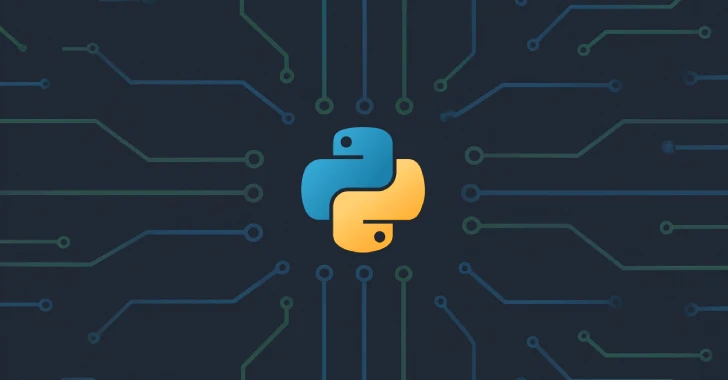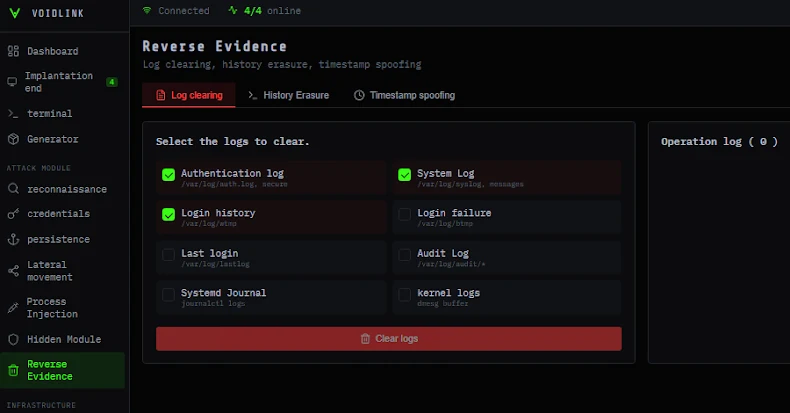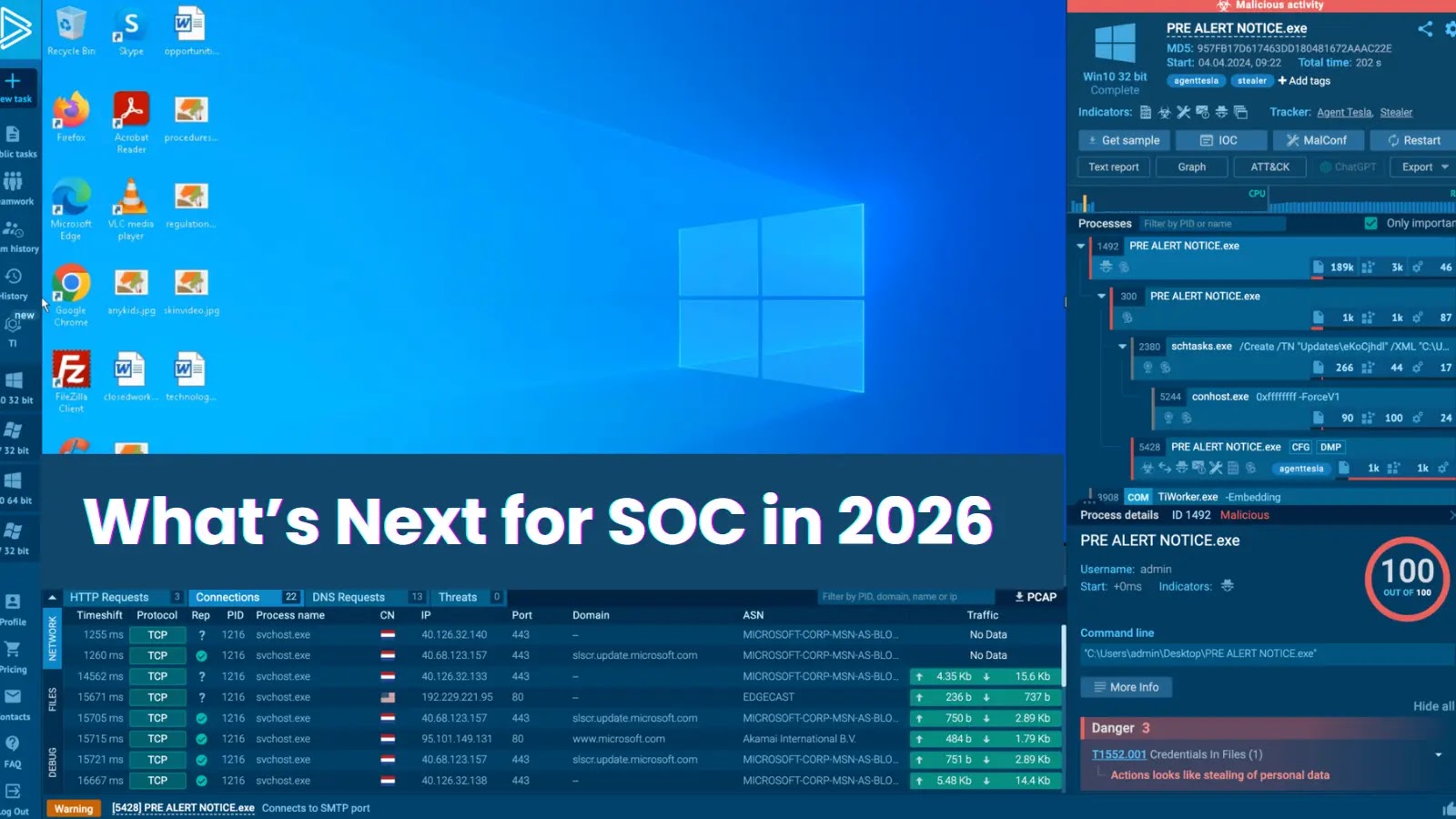The Python Package Index (PyPI), a central repository for Python programming language packages, has recently implemented a significant security measure to bolster its defenses against potential supply chain attacks. By proactively identifying and un-verifying over 1,800 email addresses associated with expired domains, PyPI aims to mitigate the risk of account takeovers that could lead to malicious code being introduced into widely-used Python packages.
Understanding the Threat: Domain Resurrection Attacks
In the realm of cybersecurity, domain resurrection attacks pose a substantial threat. These attacks occur when malicious actors acquire expired domain names previously associated with legitimate email addresses. Once in control of these domains, attackers can intercept emails, including password reset requests, allowing them to gain unauthorized access to accounts. This method is particularly insidious because it exploits the trust inherent in recognized domain names, making the malicious activity harder to detect.
PyPI’s Proactive Measures
To counteract this vulnerability, PyPI has integrated a system that monitors the status of domains linked to user email addresses. Utilizing Fastly’s Status API, PyPI conducts monthly checks to determine if any associated domains have expired. If an expiration is detected, the corresponding email address is marked as unverified, effectively preventing potential attackers from exploiting the expired domain to hijack accounts.
This initiative has led to the un-verification of over 1,800 email addresses since June 2025. While this measure may not be entirely foolproof, it significantly reduces a critical attack vector within the software supply chain. By addressing this issue, PyPI enhances the overall security posture of its repository, safeguarding both package maintainers and end-users.
The Broader Context: Supply Chain Security Challenges
The software supply chain has increasingly become a target for cyberattacks. Malicious actors often seek to infiltrate widely-used repositories to distribute compromised packages, thereby affecting a vast number of downstream users. For instance, in 2022, an attacker acquired the expired domain of the maintainer of the ‘ctx’ PyPI package. This acquisition allowed the attacker to take control of the maintainer’s account and publish malicious versions of the package, potentially impacting numerous projects that depended on ‘ctx’.
Such incidents underscore the importance of robust security measures within package repositories. By implementing checks for expired domains, PyPI addresses a known vulnerability that could otherwise be exploited for account takeovers and the dissemination of malicious code.
Recommendations for PyPI Users
While PyPI’s new measures significantly enhance security, users are also encouraged to adopt best practices to further protect their accounts:
1. Enable Two-Factor Authentication (2FA): Adding an extra layer of security ensures that even if an attacker obtains your password, they cannot access your account without the second authentication factor.
2. Use Multiple Verified Email Addresses: Registering multiple email addresses from reputable domains (e.g., Gmail, Outlook) can provide redundancy. If one email address becomes compromised or its domain expires, the additional addresses serve as backups to maintain account security.
3. Regularly Monitor Account Activity: Stay vigilant by periodically reviewing your account’s security history for any unauthorized actions or changes. Promptly addressing suspicious activity can prevent potential breaches.
The Importance of Vigilance in Open-Source Communities
Open-source repositories like PyPI are foundational to the software development ecosystem, offering a vast array of packages that developers rely upon daily. However, their open nature also makes them attractive targets for malicious actors. The implementation of domain expiration checks is a testament to PyPI’s commitment to maintaining a secure environment for its users.
By proactively addressing potential vulnerabilities and encouraging users to adopt robust security practices, PyPI sets a precedent for other repositories. This collective vigilance is essential in preserving the integrity and trustworthiness of open-source software, ensuring that developers can continue to build upon these resources with confidence.
Conclusion
PyPI’s recent initiative to block email addresses associated with expired domains marks a significant step forward in the ongoing battle against supply chain attacks. By identifying and mitigating potential vulnerabilities, PyPI enhances the security of its repository, protecting both package maintainers and the broader developer community. As cyber threats continue to evolve, such proactive measures, combined with user adherence to best security practices, are crucial in safeguarding the open-source ecosystem.



